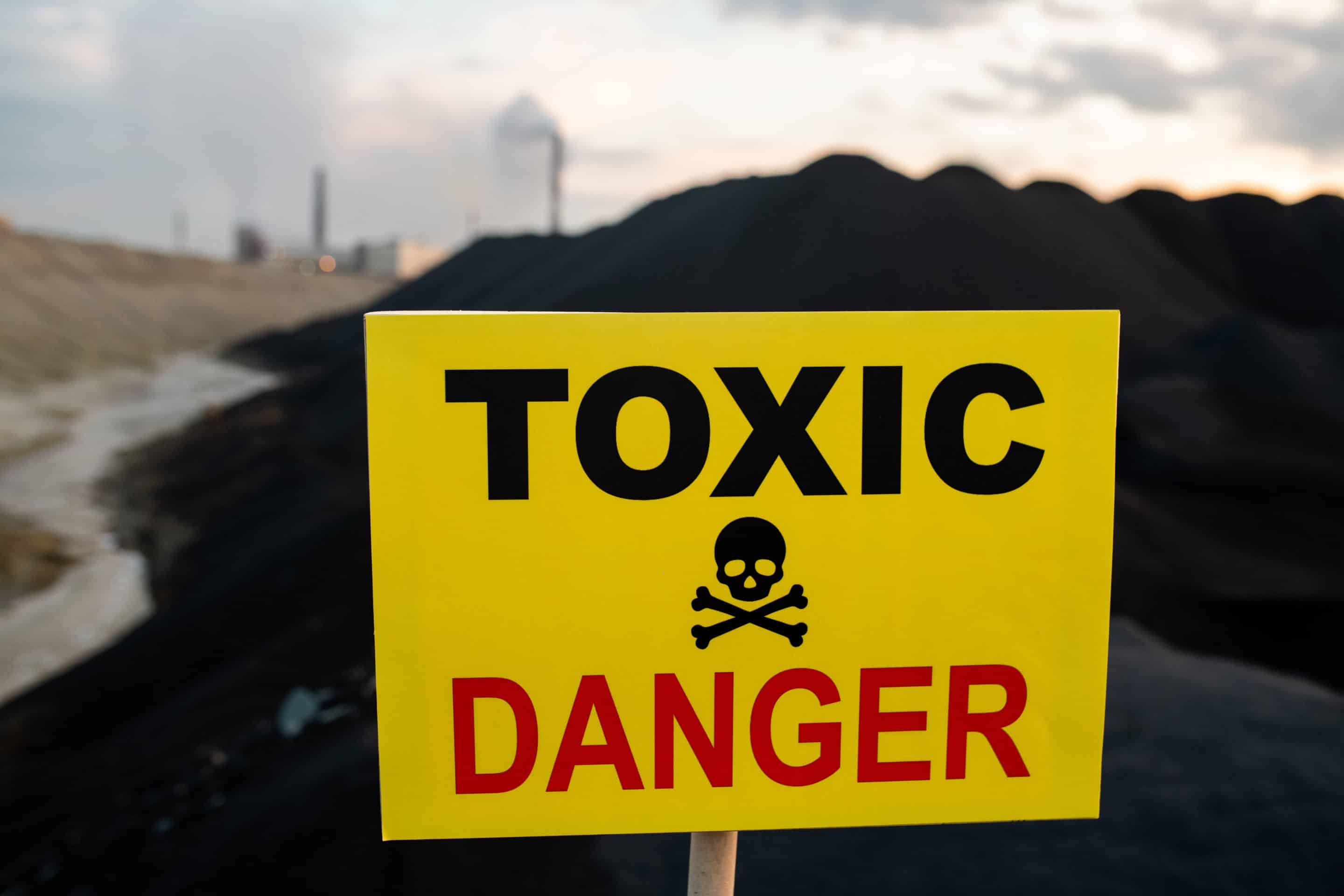
Benefits for Veterans with Presumptive Conditions Due to Toxic Exposure
Veterans who were exposed to toxic chemicals during their service are at risk for a number of health problems. Some of these problems are subject to presumptive service connection, and include various cancers, respiratory illnesses, neurological disorders, and many others.
The United States government provides a number of benefits and programs for Veterans who have been exposed to toxic chemicals or substances during their military service. These benefits are available to Veterans who meet certain eligibility criteria, including those with certain medical conditions that are presumed to be related to their exposure.
The term “presumptive condition” is used to describe a health condition that is presumed by law to be caused by exposure to certain hazardous substances at specific locations during certain timeframes. It also applies to certain conditions that arise within a specified period of time following discharge from military service. To be eligible for presumptive service connection, you must meet specific service criteria. If a Veteran meets the presumptive service connection requirements, VA will generally grant service connection for those diseases that are specifically listed. This term is often used in the context of military service, where Veterans may be presumed to have certain health conditions as a result of their exposure to toxic substances during their time in the service. New presumptive conditions are periodically added as a result of congressional legislation. For example, the recent PACT Act expanded presumptive benefits for both Vietnam War Veterans and Gulf War era and post-9/11 Veteran eligibility.
Presumptive Disability Benefits
Presumptive conditions are important to consider when determining eligibility for presumptive disability benefits. Veterans must be diagnosed with a presumptive condition as listed or described by the appropriate statutes and regulations to be eligible for disability benefits on a presumptive basis.
If you are a Veteran who has been diagnosed with a presumptive condition, it is important to understand your rights and what benefits you may be eligible for.
Groups of Veterans that may qualify for “presumptive” disability benefits include, but are not limited to:
● Vietnam War Veterans, including those who served in Thailand, Cambodia, Guam or American Samoa, Laos, the Johnston Atoll, and areas in or near the Korean DMZ
● Gulf War Veterans and those who served in the Southwest Asia theater of operations
● Certain Camp Lejeune Veterans
● Former Prisoners of War
● Veterans who were exposed to ionizing radiation
● Veterans who manifest certain tropical and chronic diseases within specified timeframes
What is the Connection between “Presumptive” and Service?
As a result of the divergent circumstances experienced by Veterans in military service, certain disabilities are presumed by the VA to have occurred in service. As such, disability compensation may be awarded to a Veteran who is diagnosed with certain conditions that VA recognizes as associated with that Veteran’s particular military service.
Some common presumptive diseases include, but are not limited to:
● Agent Orange Exposed Veterans:
● Diabetes Mellitus Type 2
● Ischemic Heart Disease and Coronary Artery Disease
● Hypertension and diseases that may result from hypertension
● Prostate cancer and associated residuals
● Parkinson’s Disease and Parkinsonism
● Respiratory and other specifically listed cancers
● Persian Gulf and Southwest Asia Service Veterans, including those who were exposed to the Burn Pits:
● Asthma
● Rhinitis, Sinusitis, and Chronic Bronchitis
● Fibromyalgia
● Irritable Bowel Syndrome
● COPD and Emphysema
● Respiratory and other specifically listed cancers
● Sarcoidosis
● Camp Lejeune Veterans:
● Parkinson’s Disease
● Specifically listed cancers
You should apply for disability compensation if you happen to be diagnosed with a chronic disease subject to presumptive service connection based on your specific service.
The Veterans Help Group can Help you Apply for Disability Compensation Benefits associated with Presumptive Conditions
Veterans Help Group can help you file the paperwork to prove your disability claim, and appeal if your claim is denied. This can help ensure that you get the benefits that you deserve. If you are a Veteran and need help with your VA claim, don’t hesitate to contact us; we offer unbiased advice, working only for our clients’ success.
Table Of Contents

Why Should I Get A Veterans Advocate To Help With My VA Disability Claim?
Why Should I Get A Veterans Advocate To Help With My VA Disability Claim? For many years veterans...

Ensure That “No Soldier Walks Alone” Through Soldiers’ Angels 10k Steps A Day Challenge
Ensure that “No Soldier Walks Alone” Through Soldiers’ Angels 10k Steps a Day Challenge...

Scars and Other Skin Conditions: Veterans Disability Benefits and Ratings
VA Disability Ratings for Scars and Other Skin Conditions – MATT SAUERWALD, VICE-PRESIDENT,...





